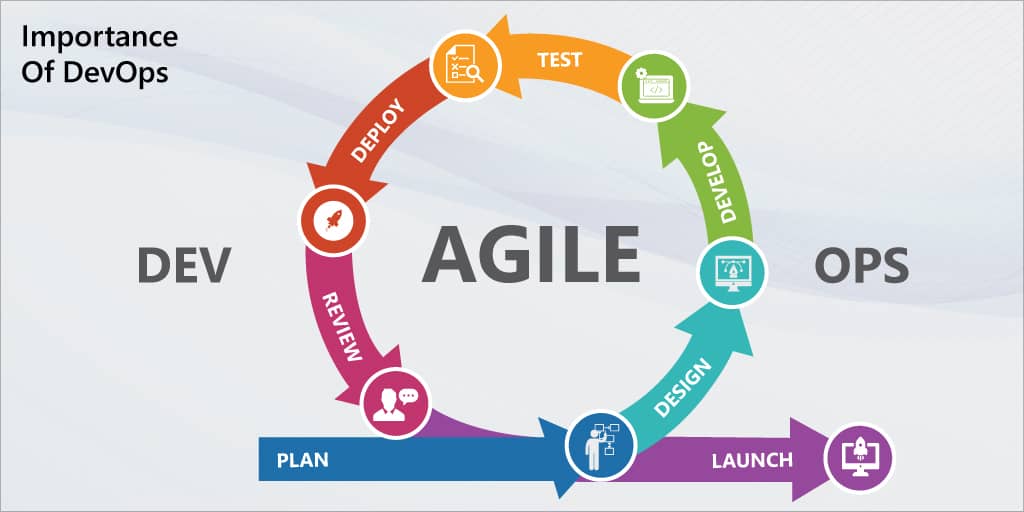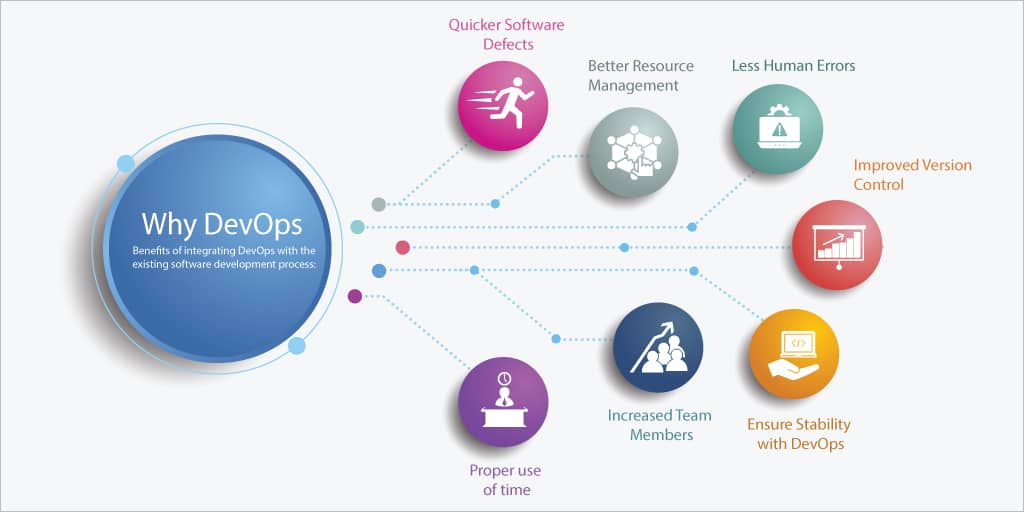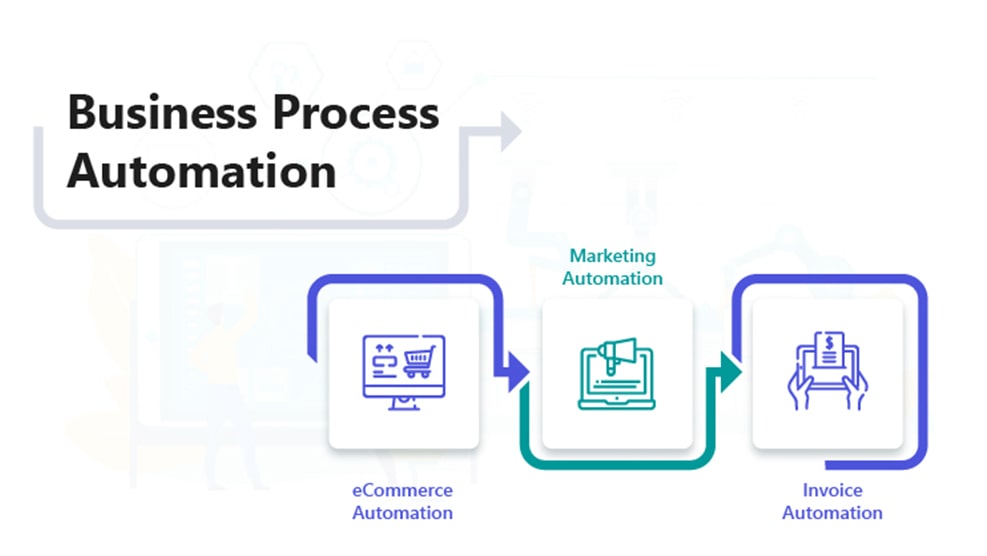Importance of DevOps
DevOps can fuel your business’s growth while improving your resource management and minimizing
human errors, through a highly collaborative, empathic process.

In today’s fast-moving environment, it is imperative for companies to continuously update their existing applications. As they go about this process, they often face complications that arise between software development and information technology (IT) operations teams.
For many years, organizations used the traditional waterfall model, in which the requirements for software were made clear and well-defined in advance. The definition of the product was stable. Developers coded the software, after which operations implemented it.
But today, since the world of technology is witnessing rapid growth, requirements tend to change frequently; hence, software must be developed keeping the need for ongoing changes in mind. The software and web applications need to be marketed and updated faster than ever. New features must be added, and advanced tools must be used to quickly debug programs. This all leads to the agile development model, an iterative process focused on rapid releases, customer feedback, and collaboration.
To achieve results within an agile environment, all the members need to work in unison. The development team and the operations team must have the ability to react quickly and efficiently to changes deploying, monitoring, and debugging new applications in an integrated fashion. These needs gave rise to the DevOps model of development.
DevOps is a set of practices and tools that combines software development (and its role of development
and deployment) and information technology operations (and its role of overseeing
reliability, security, and compliance). This model shortens the time consumed by fixes, updates, and deliveries in the systems development life cycle.
The DevOps model allows all team members – including developers, the operational teams, system administrators, network managers and business analysts – to work together to achieve a common goal.
This approach can benefit from staff with broad skills, who understand with the infrastructure and software configuration, the appropriate tests to run, and the software debugging process.
The DevOps approach has the following consequences, among others:
• A lower failure rate of new releases
• Faster time to market
• Faster recovery / bug fixing time
• Shortened lead time between fixes

Benefits of integrating DevOps with the existing software development process:
1. Quicker identification and rectification of software defects
With better communication and collaboration between operations and software development, it is much easier to identify and rectify defects at any stage of the development cycle.
2. Better resource management
There are scenarios in which developers and testers are constantly waiting for resources to arrive, causing delays in delivery. Agile development with a DevOps approach helps to fill these gaps and reduces the waiting time significantly.
3. Fewer human errors
DevOps reduces the chances of failure due to human intervention during the development and operations processes by deploying frequent releases. It is possible to control the rate of application failures with multiple deployments within a defined timeline.
4. Improved version control
DevOps helps you to keep track of version control to ensure changes to the code and environment. This translates into increased IT and organizational performance.
5. Greater stability
DevOps ensures stability and reliability. Organizations with DevOps get their deployment many times faster than their rivals, with a 50% lower chance of failure.
6. Increased empathy between team members
DevOps enhances empathy between team members. It puts an end to the siloing mentality and encourages all the members to work in collaboration toward a common goal.
7. Stronger efficiency
Organizations with DevOps spend an estimated 22% less time on unplanned work and rework. These time savings allow them to spend approximately 29% more time on new work and new projects.
Conclusion
Given all the above benefits, DevOps is a great approach for companies of all sizes and regardless of
industry. Using this approach, time to market is considerably shortened, which in turn provides huge financial benefits. DevOps is central to our Solution Design and Development service, allowing us to shorten speed of deployment and rapidly deliver your minimum viable product (MVP). Grow through dynamic collaboration.









